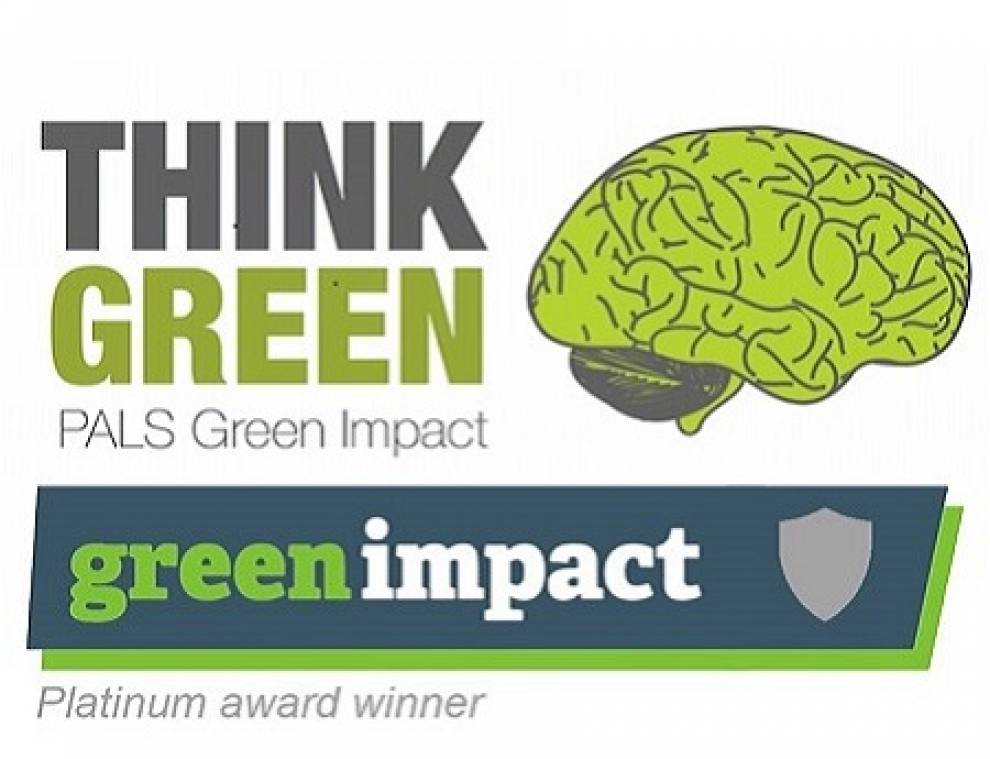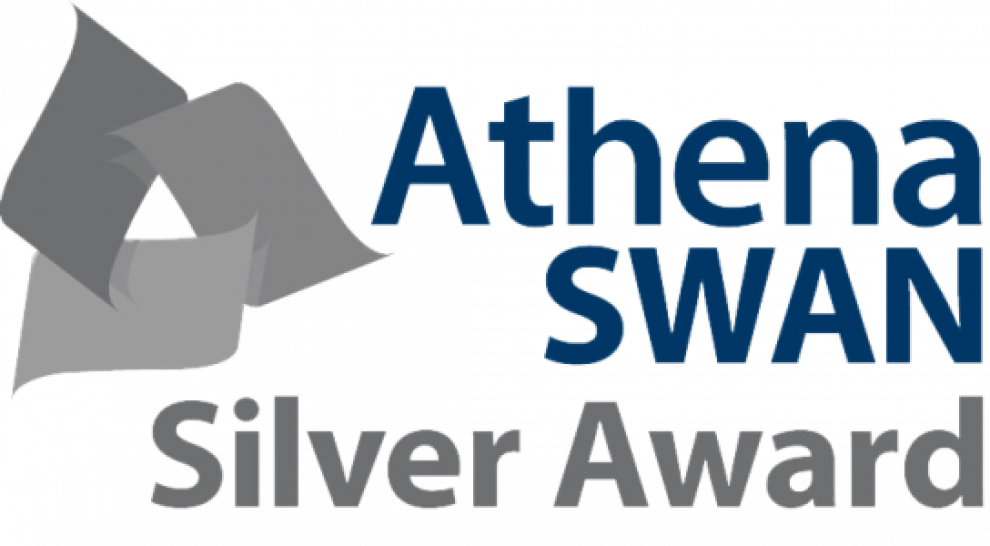|
Compulsory Modules |
1) PSYC1105: Concepts and Methods in Psychology (½ CU)
Students
will be introduced to key conceptual issues, methodological approaches
and significant findings in scientific psychology, their historical
background, and the kinds of empirical evidence on which these findings
are based. The distinctive features of the cognitive, biological and
social approaches to psychology and the ways in which these approaches
have developed and can complement each other will be described.
2) PSYC1203: The Psychology of Individual Differences (½ CU)
This module aims to provide students with an understanding of:
- the dominant theories in intelligence and personality,
- how these theories can be investigated scientifically
- how these theories can be used to assess, describe, explain, and predict human behaviour.
- the principal influences, genetic, biological and environmental, that create these differences.
|
Optional Modules |
Intercalating students are required to choose four Level 3 modules. The intercalated tutor will be able to advise on whether a given selection is appropriate.
PSYC3102 Social Psychology
PSYC3104 Psychology of Education
PSYC3107 Topics in Clinical Psychology
PSYC3108 Organisational Psychology
PSYC3109 Psychology of Health Risks
PSYC3110 Topics in Developmental Psychology
PSYC3111 Human Computer Interaction
PSYC3201 Applied Decision-Making
PSYC3205 Speech 0.5 CU Prof Howell
PSYC3207 Human Learning and Memory
PSYC3209 Cognitive Neuroscience
PSYC3210 Brain in Action
PSYC3211 Attention and Awareness
PSYC3301 Advanced Multivariate Statistical Methods in Psychology
PSYC3303 Topics in Neurobiology
PSYC3307 Genes and Behaviour
NEUR3045 Visual Neuroscience (Anatomy Course)
PLIN7109: Stuttering
| Research Project (1CU) |
Terms 1 and 2
This is a piece of empirical/experimental
research or computer modelling exercise on any broadly psychological
topic. The department has teaching staff able to supervise projects in
most areas of psychology, so a wide choice of topics is possible.
Subjects studied in the past include post traumatic stress disorder,
colour-blindness, effects of exercise on mood, satisfaction with
obstetric care, dyslexia and complementary medicine, and neural
mechanisms of memory.
A list of possible projects are provided
in the induction in May. For some online statistics support that you may find
helpful, click here.
 Close
Close





